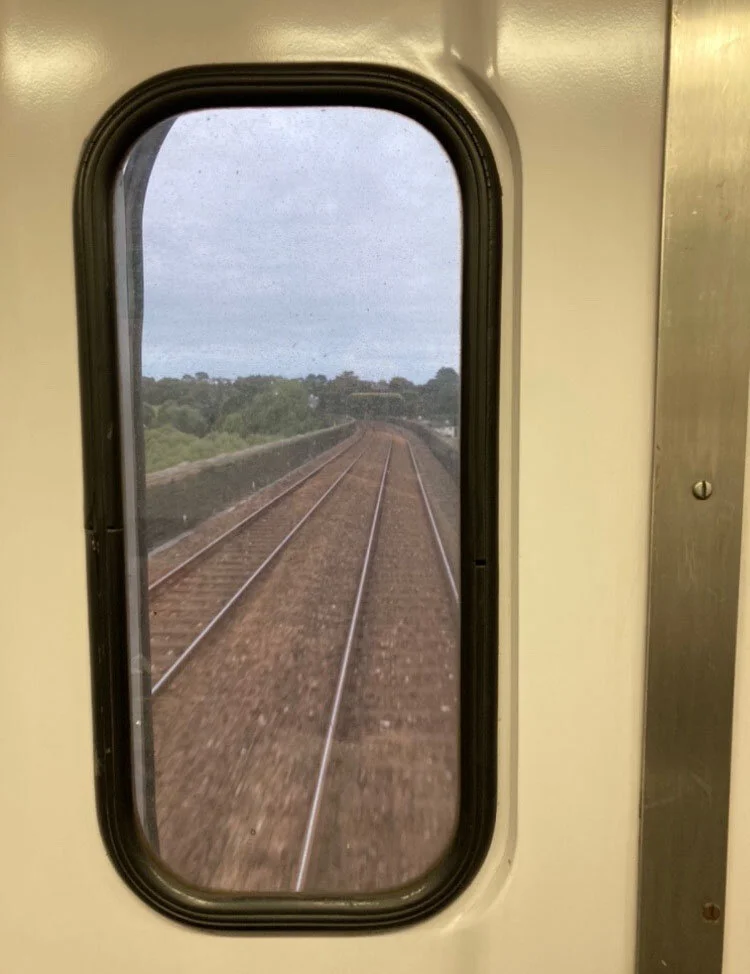The year review is the densest part of this process because I will go through the entire previous year with a fine tooth comb. When I first started doing this I used to only go through my work diary, noting all the meetings, client sessions, teaching, workshops, travel etc that I might have done. And recognising the full extent of all that was a significant thing for me: I find it so easy to minimise my work, to shrug off things as being no big deal, but to confront all the activity of the year in one go – it definitely reminds me to be kinder to myself and to feel pride in what I do.
However, a couple of years ago, when I had a tough time working too hard on a big project, and losing a friend to cancer, I realised that by only reviewing my work activities I was missing the impact that the rest of my life was having on my creative practice, how closely entwined they are. And with that in mind, the next time I did my year review I included all of it. Yes, all of it. Doctors appointments, family visits, holidays, time spent doing diy on the house… And, again, I realised that I do so much more than I give myself credit for, even when I am struggling or feel like there isn’t much in the diary. This full acknowledgement of everything I get up to, all the experiences I have, reminds me to be compassionate in my assessment of how well I’ve achieved what I set out to do. It also helps me to be mindful not to over plan. If we ignore the whole of our lives when planning for our creative work or business, we are failing to see where our energy might be going. It’s so easy to think that a few goals or loose plans might not be enough, when in reality they are competing with so much of our attention.
While I’m noticing and recording the year’s activities I’m also analysing what was happening while these things were occurring. I think about how I felt, what I learnt, what felt easy, what was a challenge. I used to use a lens of success/failure to view my activities but felt that wasn’t gentle enough, so now I consider the energy these things take from me or give me. I consider which activities work for me and which don’t. The ones I might like to do less of or more of. The things I am stuck with but can reframe how I approach them. This analysis begins to form the blueprint for the plans or intentions I have for the year ahead.
This year I think it’s even more important that the review phase of the process be as kind and compassionate as possible. 2020 has been a year that none of us expected. It’s affected everything, and I don’t think it’s helpful to make too many judgements on the things we did or didn’t do in the last 12 months. This year’s review should be less about what was done and more about your experience of what happened. For my review I am intending to consider the activities I was able to maintain during lockdown and beyond, to question how well that went, how it felt for me. I’m also going to think about the things I hoped to do but wasn’t able to. Did I miss those things in the end? Were there some things I was happy to let go of? Some that hurt to lose? Which things feel vital to me?
I’ve talked before about a line of enquiry I have been wrestling with this year – the conflict between Being and Doing. And this year’s review feels like the perfect time for me to challenge my assumptions about Doing and being busy, and to instead value and prioritise Being, how I am in the world when I am living and doing my work. Because I have a feeling that the only way I’m going to be able to plan in 2021 is to focus on the Being rather than the Doing. But more on that next time.
